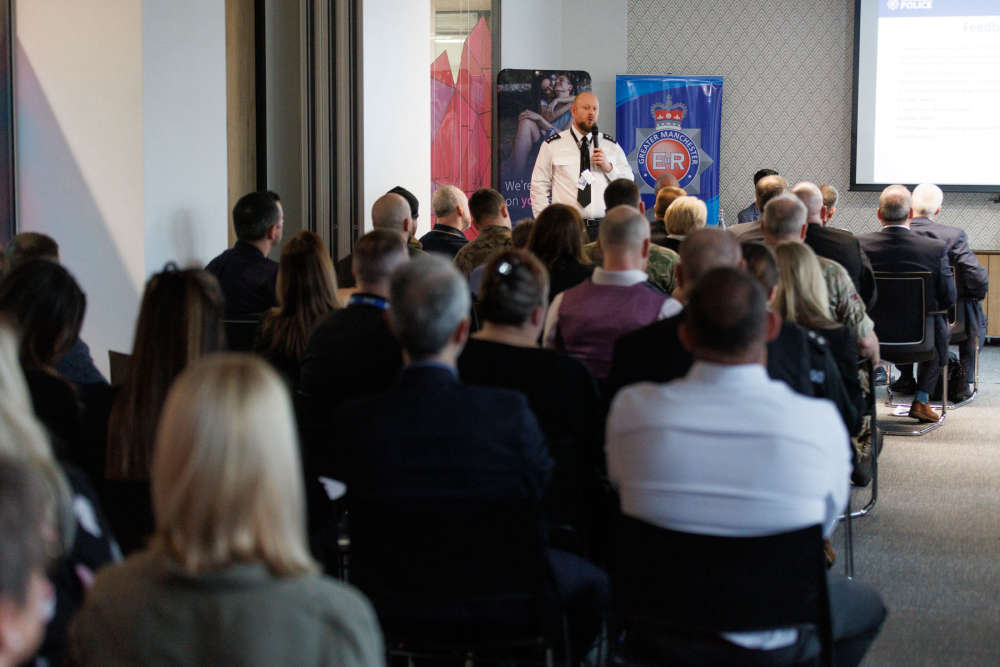
Last week on Tuesday 6 February, Greater Manchester Police held a Forcer Protocol event for forces and partner agencies across the country to highlight the importance of veteran support in policing.
This included key organisations from the a variety of sectors including veteran's charities, NHS and NPCC who all engage in the protocol and advocate its use.
Held in Manchester City Centre, with support from Solicitors Irwin Mitchell, the event saw a packed room full of individuals keen to adopt the policy and learn more about it.
Since its launch on the 11 November the Forcer Protocol has seen over 40 Veterans already found using the service.
The protocol allows call handlers to access and share key information quickly in the crucial first hours. It red flags reports of missing people involving potentially vulnerable veterans and aims to improve response times and provide the authorities with a fuller picture of the person's background and possible state of mind.
"We've asked over 7,000 people whether the missing person they're reporting is a veteran, and we've identified 42 of those that are veterans," said Chief Inspector Mark Mangnall, GMP’s Forcer Protocol Lead.
"We've been able to put processes in place, and an investigation in place that's been able to find all 42.
"Last year, we didn't know we had that data. We didn't know that many Veterans went missing. Once this is rolled out nationally, I think we will be surprised with the number of missing veterans we have every day."
The event on Tuesday was opened by Assistant Chief Constable Chris Sykes, who delved into the reason behind GMP’s interest in bringing the Forcer Protocol to life – highlighting the importance of our own internal Armed Forces Veterans and Reservist community.
Chief Inspector Mark Mangnall then discussed how the protocol works, from encouraging veterans to register their details into Safe and Found Online to the FCCO then being able to access that data if they ever end up being at risk or identified as a missing person.
Other speakers included Claire Lilly, the founder driving force behind the protocol and Owen Dykes, a veteran who shared his story – from joining the Armed Forces aged 16 to serving in Afghanistan and Iraq to his struggle with suicide and depression. The former Sergeant expressed how important the protocol is to him, saying: “I am that confident that the Forcer Protocol will work, I have signed up to it. I’m in a good place now, but one day I might not be.
“It’ll give veterans hope in a dark place.”
Whilst TV star and Forcer Protocol advocate Ross Kemp was unable to be at the event in-person, sent his apologies and shared how grateful he is for Safe and Found Online and GMP for adopting the protocol and running with it.
The protocol remains in place throughout Greater Manchester during an initial six-month pilot, where it has shown a key impact within a unique and dedicated community.
This means the aim is now to enable it be adopted and replicated nationally through other police forces in the near future to further increase its impact in saving and improving lives.


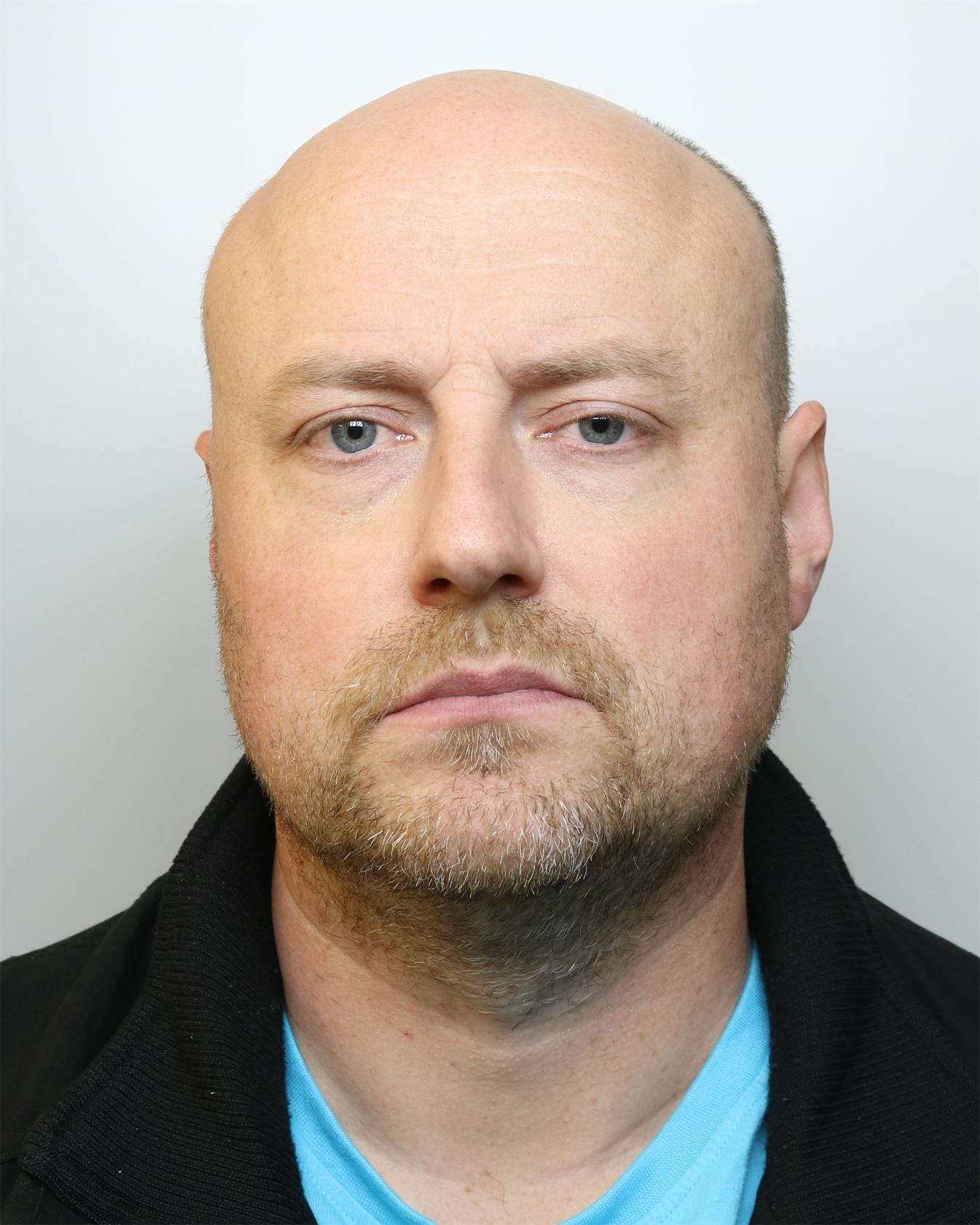 Detective Sergeant Dismissed and Banned from Policing following Sexual Assault Conviction
Detective Sergeant Dismissed and Banned from Policing following Sexual Assault Conviction
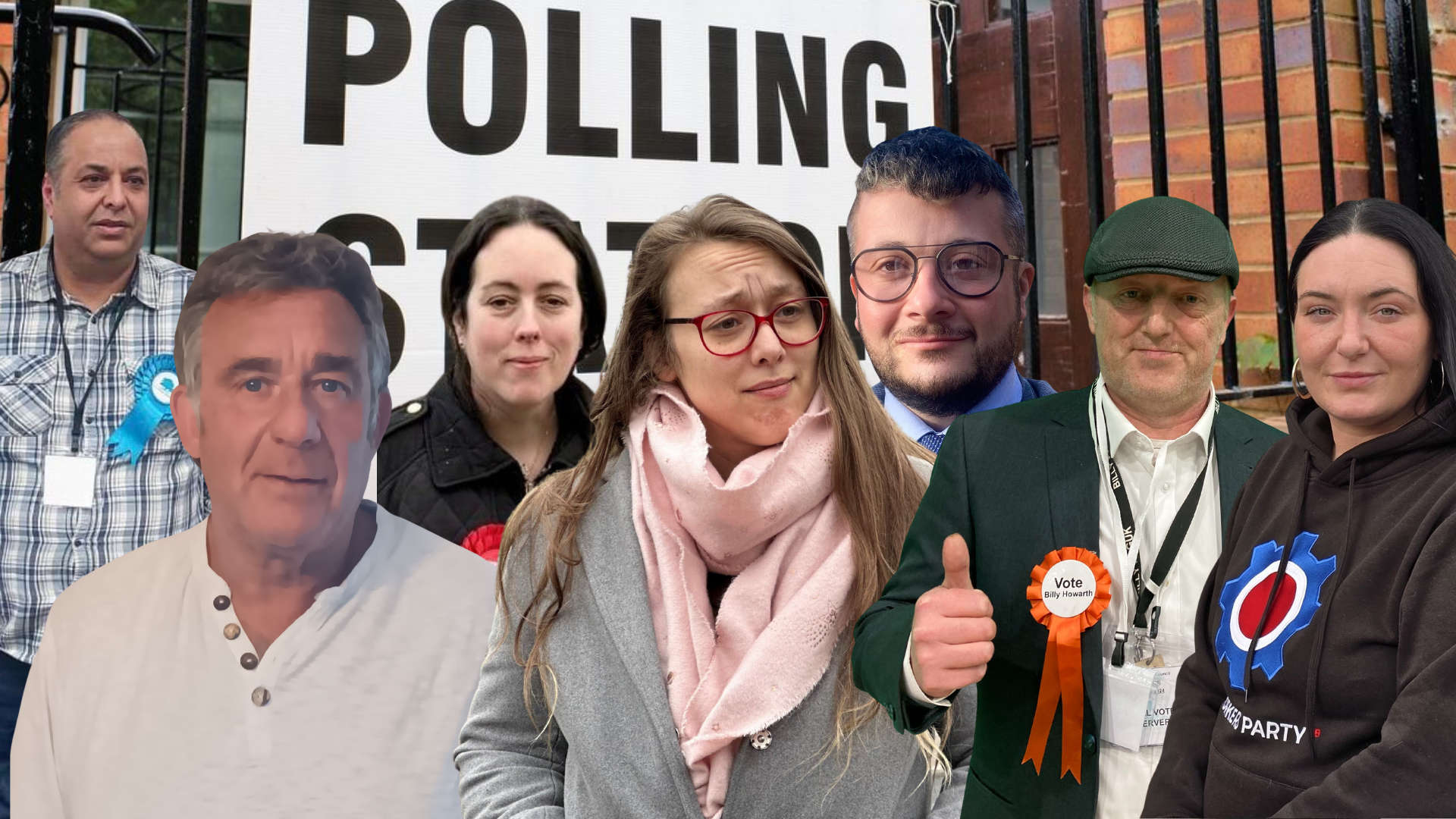 Each candidate hoping to win the Balderstone and Kirkholt by-election
Each candidate hoping to win the Balderstone and Kirkholt by-election
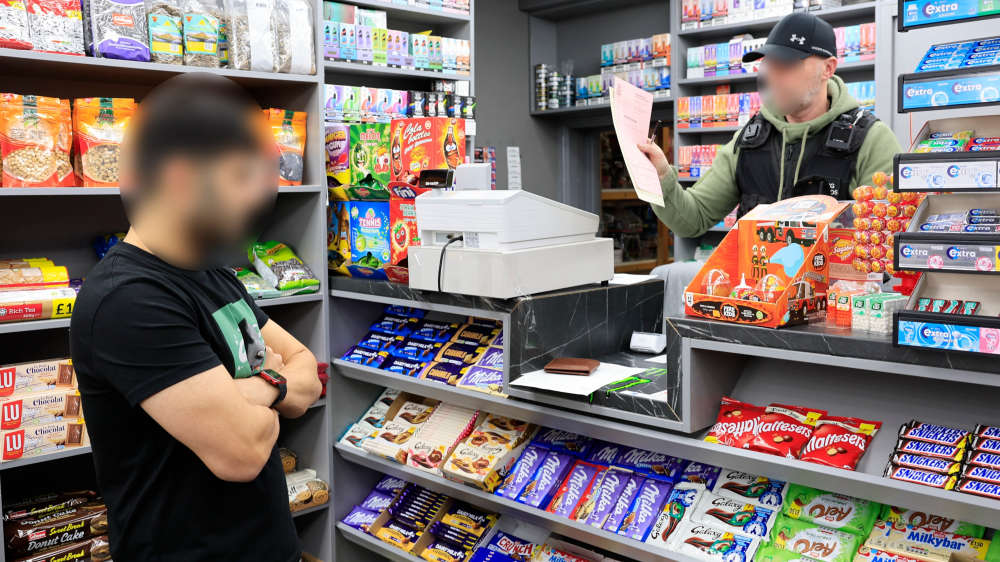 GMP and partners made more than 130 visits to business premises as part of a national intensification crackdown in March
GMP and partners made more than 130 visits to business premises as part of a national intensification crackdown in March
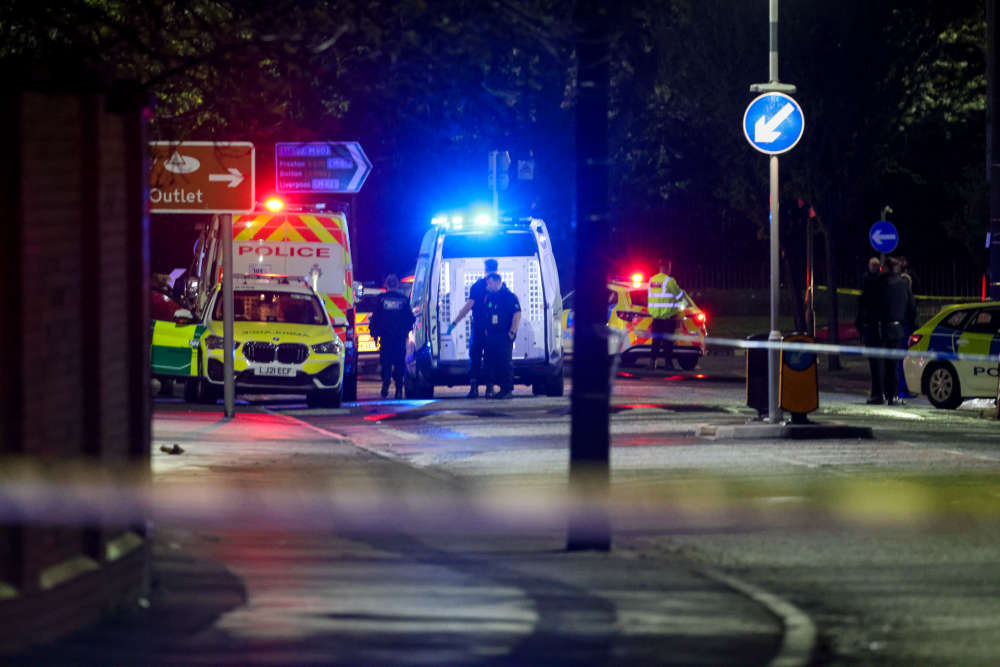 Seven arrested and crossbow recovered following disturbance in Salford
Seven arrested and crossbow recovered following disturbance in Salford
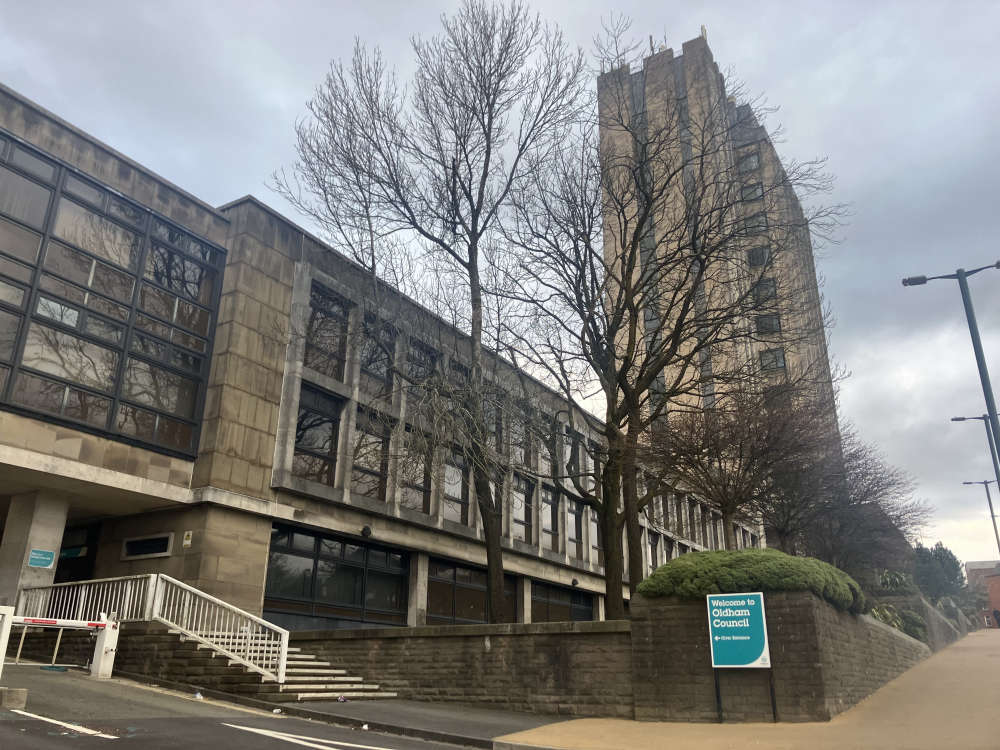 Oldham will have to bid for funding for inquiry into child grooming
Oldham will have to bid for funding for inquiry into child grooming
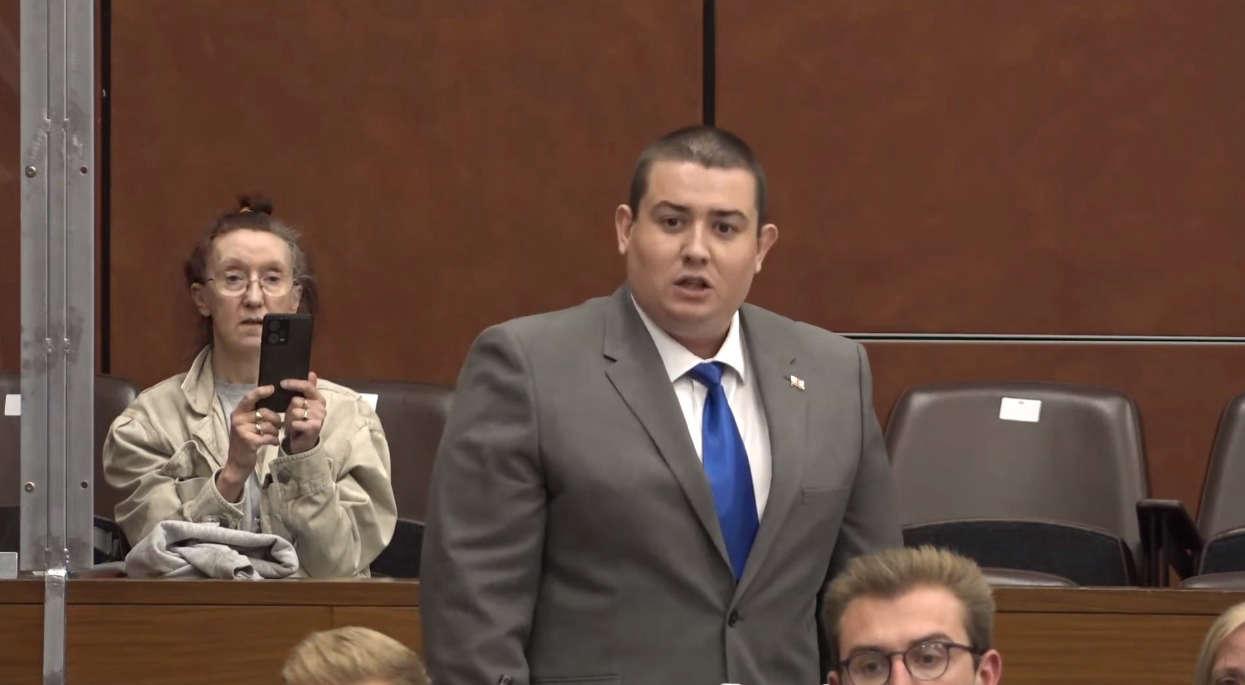 Oldham to vote on axing 20 councillors from borough
Oldham to vote on axing 20 councillors from borough
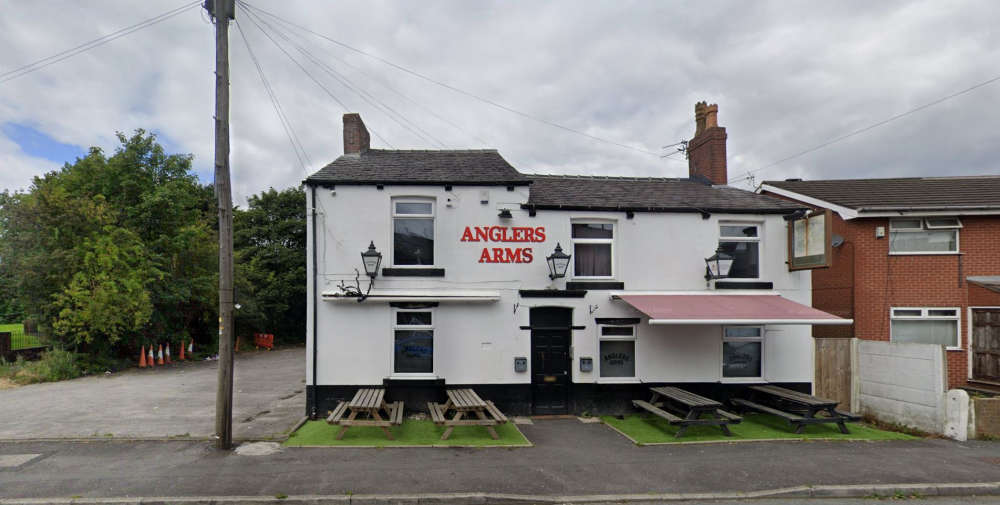 Oldham pub has licence suspended following brawl and stabbings
Oldham pub has licence suspended following brawl and stabbings
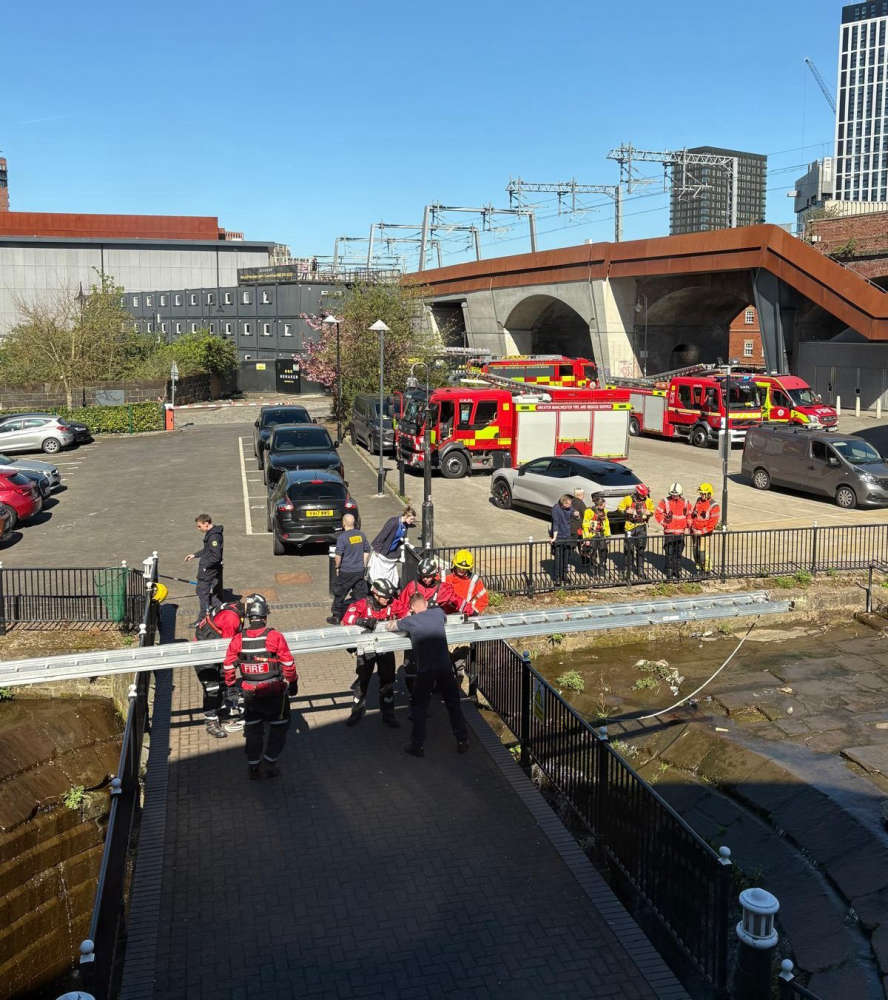 ’20 firefighters’ try to rescue single goose
’20 firefighters’ try to rescue single goose



Comments
Add a comment